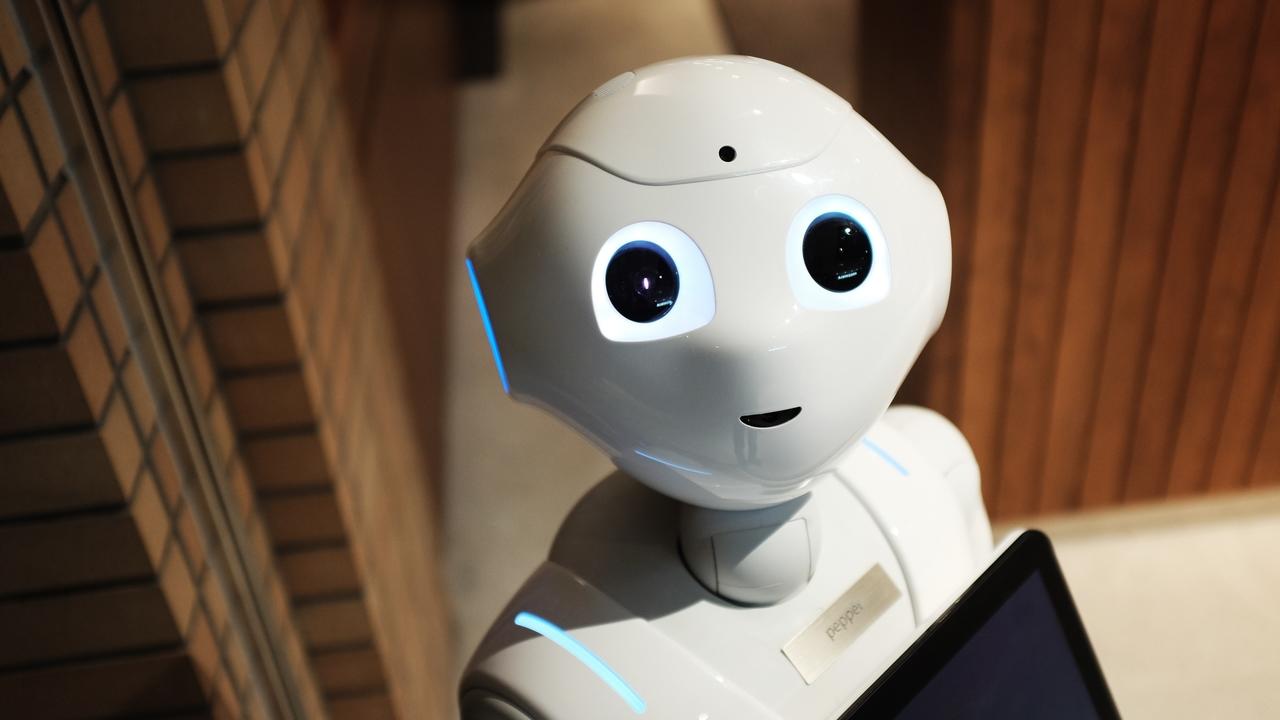Robust Theme
Dec 09, 2019 2020-04-08 7:40Robust Theme
Is AI the future of your business and should you be worried?

If Hollywood movies are anything to go by, Artificial Intelligence (AI) is both the saviour and the potential enemy of the human race. Visions of machines turning on their creators and automation gone rogue are indelible in our psyches.
But how important is AI to the future of business and can AI and humans co-exist in the workplace?
Well, according to TRW mentor Penny Wong from RadMis (a enterprise software developer focused on emerging technologies), the answer isn’t about robots taking over the world, it more about how machines can assist us in our day-to-day actions.
“AI is meant to be there to help you, to make your life easier, to streamline your work by doing redundant-type work, like data entry and actions that are repetitive,” says Penny. “Why would you want to do work that is continually redundant over and over again? I say automate it and save your time!”
Penny says that although this kind of AI use is advantageous for business, automation is in fact only one function of artificial intelligence.
“When we say artificial intelligence we assume that the system is self-aware but we're not there yet,” she explains. “We're a long, long way from there – I would say fifty to a hundred years.”
Instead, Penny recommends we see AI as a way to make processes that are repetitive, redundant or labour-intensive more efficient, in order to help us do our jobs better, faster and more accurately.
“For instance, take doctors,” explains Penny. “It’s unrealistic to expect a doctor to know absolutely everything that's happening in the medical field. They’re only human. However, if they had a digital assistant, an AI, mining through global medical databases for the latest research… all of a sudden their diagnosis is more accurate because they’re now tapped into a global database of medical advancements. So we are actually improving human capability.”
Another example, she says, is digital assistance and call centres, where AI is helping with efficiency and cost.
“Market research says 70% of ‘Level 1 Customer Service’ is a form of artificial intelligence. So you are talking to a digital assistant that is not human,” she says. “You may think it's human but it's not. It’s also not ‘true AI’ but it’s a type of digital assistant, like AI.”
Penny says this kind of automation is the smart way to save money and to move humans up the “skills capability matrix”. However, some experts worry that AI creations could be used in negatives ways in the future, once the technology catches up.
The solution to these worries, says Penny, lies in the creators.
“A good person creating something good will do good; a bad person creating something for bad will do bad. It comes down to ethics and human morals. The only way to solve the problem is to educate people and make sure we instill ethics into education.”
Penny believes that we should spend our resources on being mindful and generating “good humans” through education, rather than focusing on how we should combat a situation that is, at this stage, a hypothetical scenario.
So is she worried that AI might eventually take over her job? Her answer is not what you’d expect.
“My response is ‘Great! Take over my job!” Then I can do something more fun,” she says. “If my job can be taken over by an AI then you know what? Do I really want that job? Because I can guarantee you that type of job is repetitive. That job isn't adding value to the value chain. I'd just be another cog in the wheel. Why would you want that?”
About Penny:
Penny is a regular mentor at Tech Ready Women Sydney Accelerator. To find out how you can apply for our program click here.


